Even though the British arrived on the tea scene late in historical terms, nowadays the practise of drinking tea is closely linked to England. Ironically, a Dutchman’s account of his travels to the East is the first written reference to tea in English. The Dutch were responsible for bringing tea to England for the first time.
As a result of tea’s meteoric rise to popularity, the British government felt infuriated that a relatively minor power like the Netherlands could dictate the terms under which the beverage was imported to the United Kingdom. The Navigation Acts were enacted in 1651 by the British government and prohibited the importing of goods on ships that were not British. Entrepreneurial merchants and Dutchmen persisted with business as normal, albeit with a minor adjustment: they now transferred tea from their ships to those of the British.
At one point in British history, tea was widely regarded as a panacea. An advertisement from Garway’s Coffee House in the 1650s suggested that consuming tea would make one more “active and lusty.” Many claim that drinking tea is the healthiest thing you can do, as it helps you stay young and healthy even as you get older. Anna, the seventh duke of Bedford’s wife, is credited with creating afternoon tea. Breakfast was the most important meal of the day, therefore only dinner was scheduled in the evening. Anna began having her maids make tea and cakes in the late afternoon as a means of combating the “sinking feeling” that often set in around the middle of the workday. A trend that persists today had its start here.
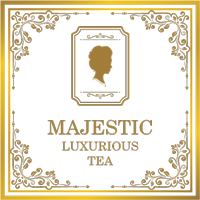

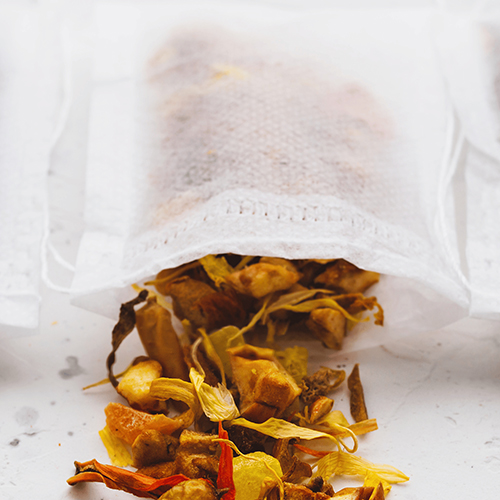
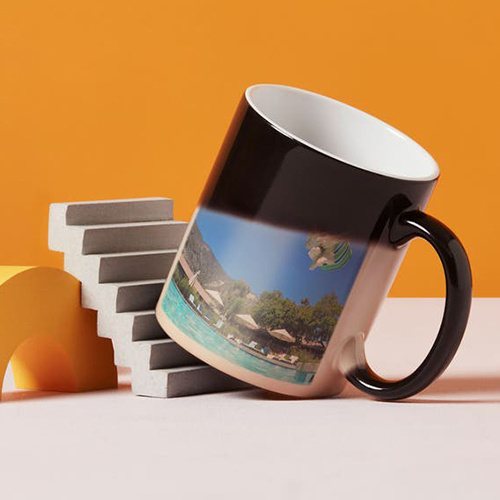
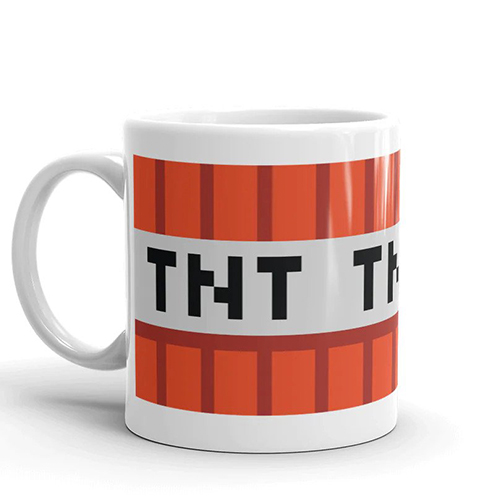
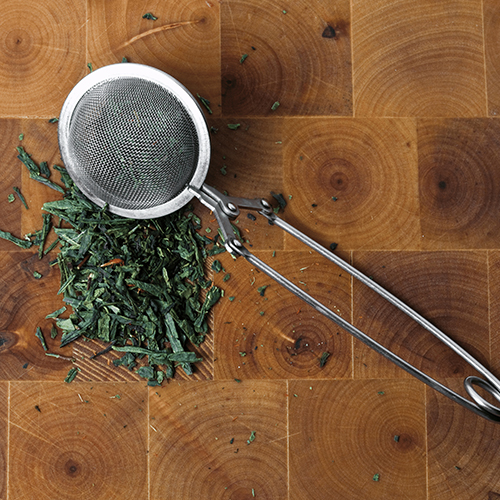
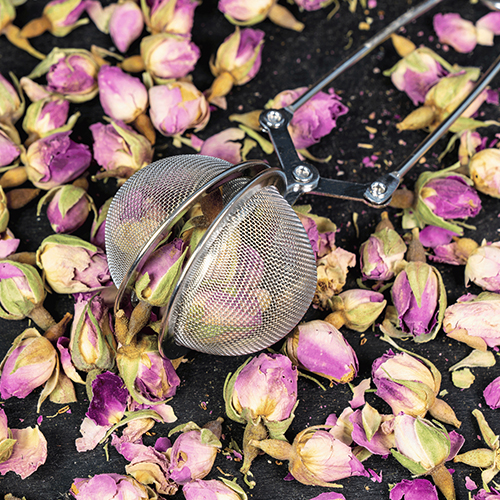

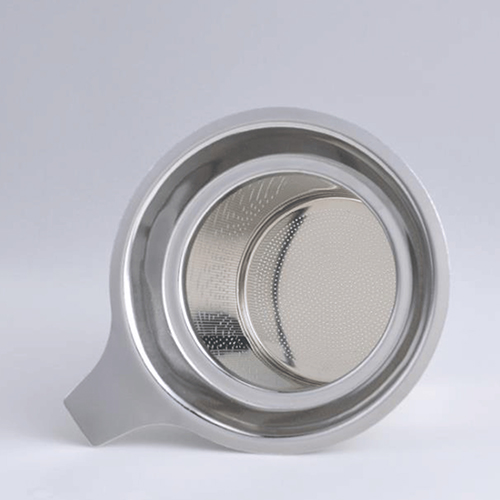
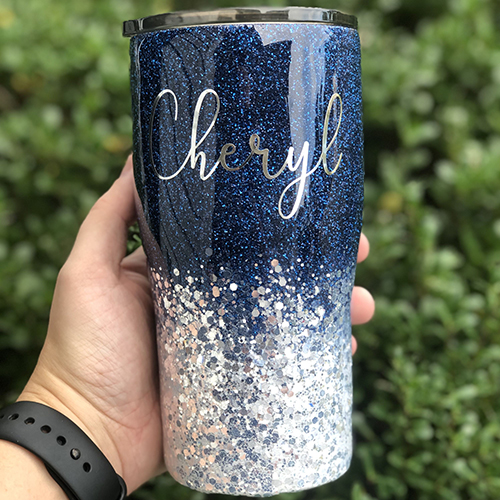
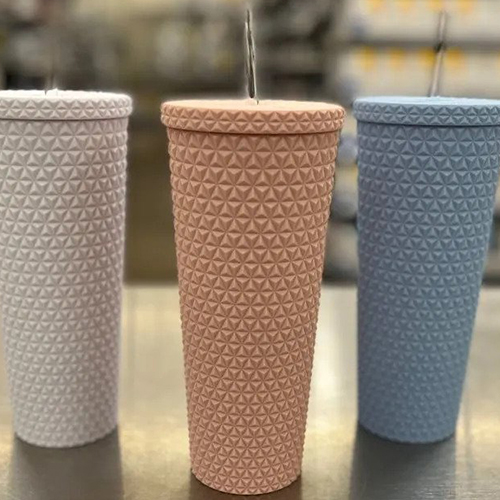
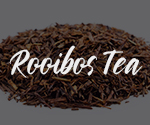


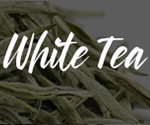
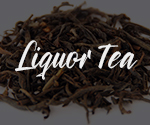

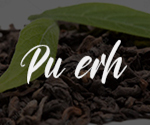
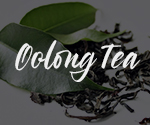
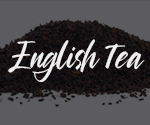
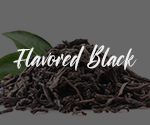
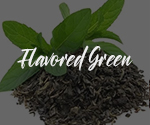

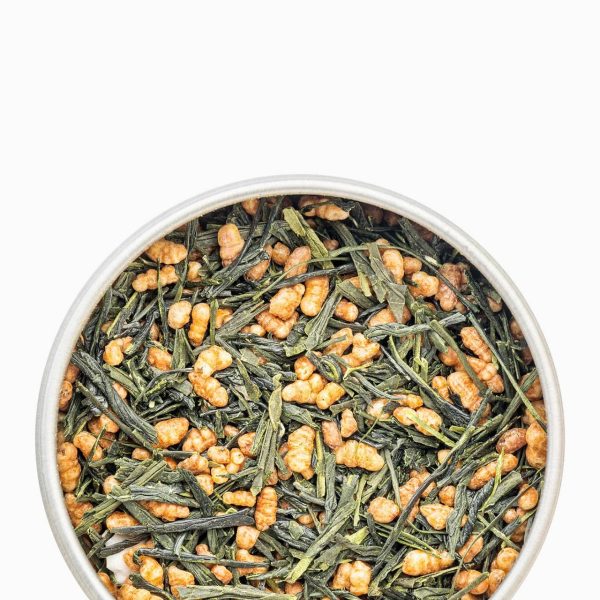
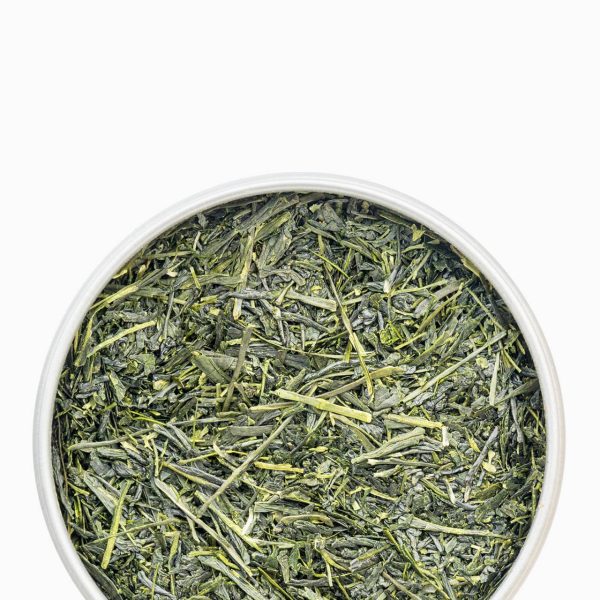










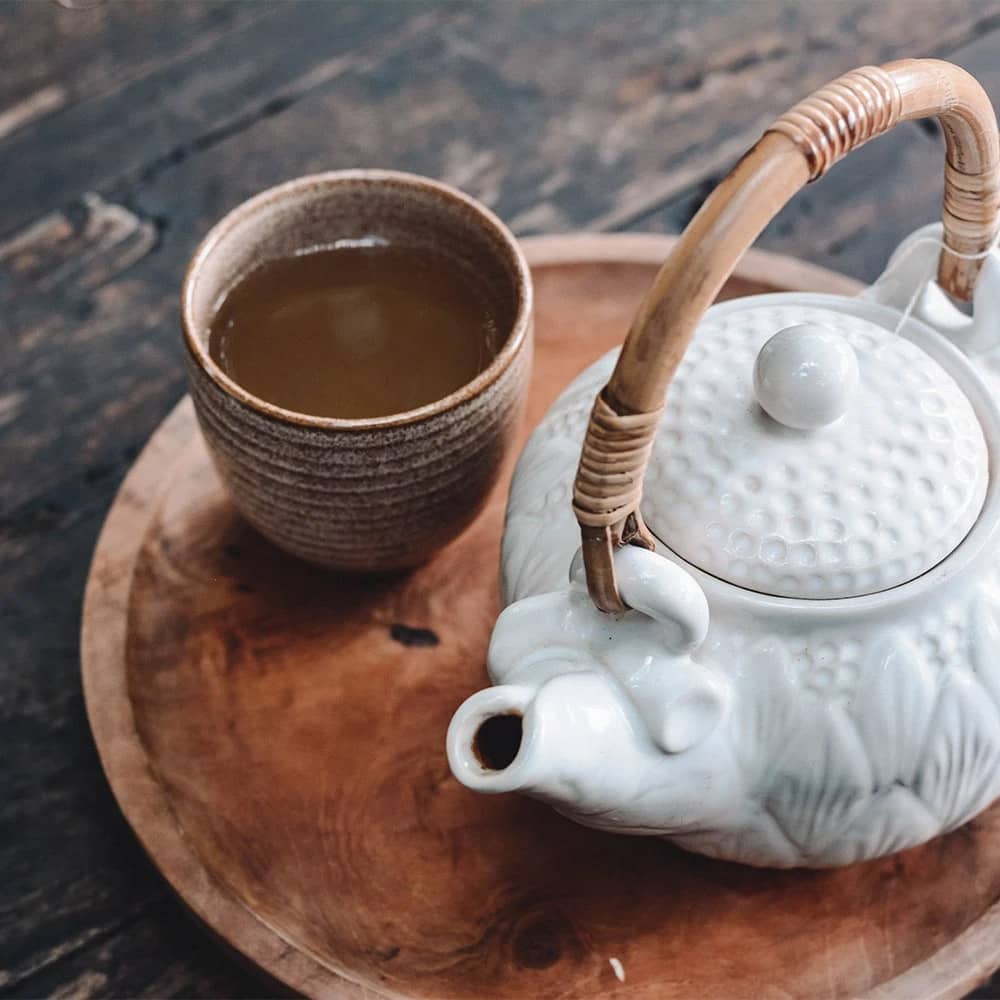
Reviews
There are no reviews yet.